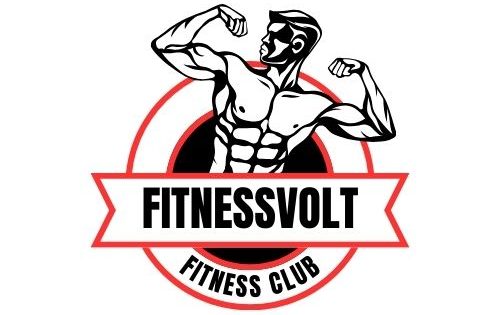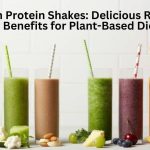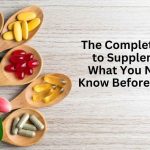Utilizing the body to perform in a fashion that challenges limits of speed, power or endurance is one aspect with which athletes are obsessed. If you are an athlete, regular training and the correct diet can help you jump a long way, but supplements have become one of the best ways to improve your performance. However, when it comes to the myriad of supplements out there, knowing a handful that are scientifically backed can help improve performance and recovery is important.
Today we take a deep dive into sports supplements, what they are, the benefits behind them, and the science to back it up, as well as how these can be used safely in an athlete’s regimen.
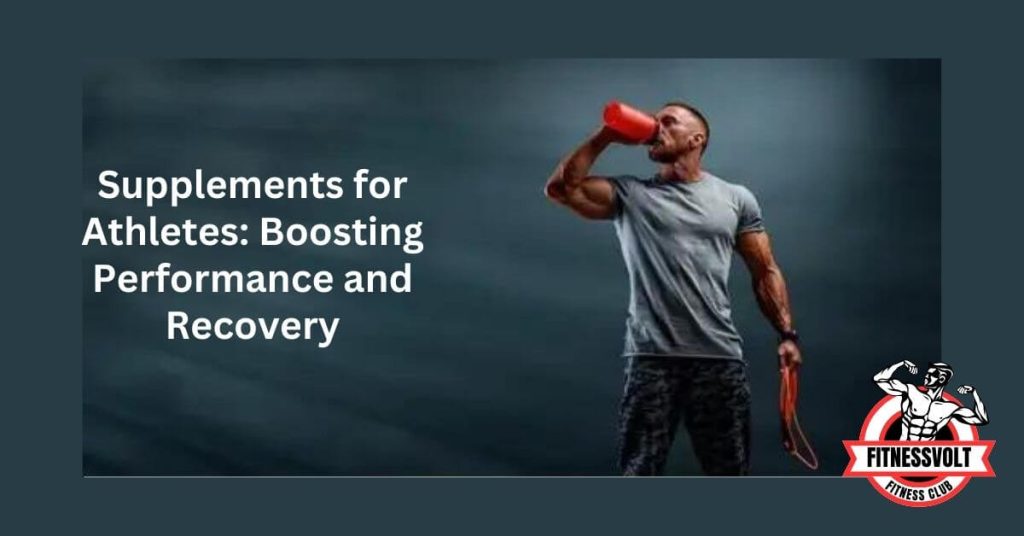
Understanding the Basics of Sports Supplements
What Are Sports Supplements?
Sports supplements are formulated substances intended to improve physical performance and help in recovery or provide nutritional support that may be missing in the diet of an athlete. They take the shape of powders, tablets or capsules, and drinks and are geared towards certain goals like muscle building, endurance, or hydration.
Why Athletes Use Supplements
There are many reasons why athletes take supplements. For others, it means that added edge in athleticism—be it lifting more or running faster. Other emphasizes recovery to rebuild muscles and make them more potent for the next training schedule. Moreover, nutritional supplements can help athletes obtain what their bodies require especially when what they get from food alone is not enough to sustain their performance.
Key Supplements for Boosting Athletic Performance
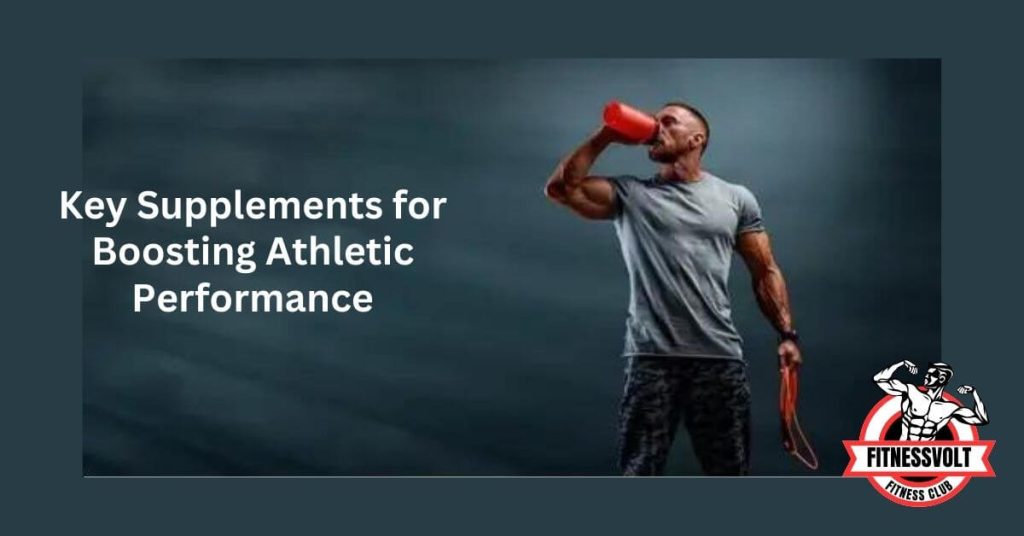
Protein Supplements
Protein is one of the basic building blocks necessary for muscle building, so it is a must-have in any diet plan of an athlete. Protein supplements like whey, casein, and plant proteins are likewise so well-liked since they supply a hassle-free method to get the right quantity of protein in your diet plan as well as after exercise while recovery is majorly essential. Whey protein is especially popular as it absorbs quickly, making it a great post-exercise choice.
Creatine
Creatine is one of the most well-studied and effective supplements for boosting muscle strength, power, and size. This boosted ATP (adenosine triphosphate), which is the connection to the partial production of energy cells, allowing a person more capability to do high-intensity exercise. Creatine, one of the most popular sports supplements out there has been found to improve performance with sprinting or any other heavy lifting movements that involve abrupt speed changes. Best results were seen with everyday ingestion of creatine; an average dose of 3-5 grams in step with day.
Beta-Alanine
It is an amino acid, and it helps to buffer acid in muscles, which can reduce fatigue from high-intensity exercise. Beta-alanine delays the onset of muscle fatigue, which may help athletes to train harder and longer. This is typically 2-5 grams per day, and usually contained in smaller doses to minimize the sensation of tingling that can be experienced as a side effect.
Branched-Chain Amino Acids (BCAAs)
BCAAs leucine, isoleucine, and valine are three of the nine essential amino acids that help with muscle recovery and reduce muscle breakdown during physical activity. They can be especially useful during long endurance activities, where the breakdown of muscle is a concern. BCAAs are frequently taken before or during workouts to help fuel your muscles straight away.
Essential Supplements for Recovery
Omega-3 Fatty Acids
While you’re working to reduce your carbohydrate intake; nosh on those foods that are naturally anti-inflammatory such as, omega-3 polyunsaturated fats in fish oil and flaxseed. This means less joint pain, muscle soreness, and faster recovery times for athletes. Consuming omega-3-rich foods or supplements can greatly speed up the recovery process as a whole, thus improving training consistency and efficiency.
Glutamine
An amino acid that supports muscle repair and immune function. If one is working out heavily, then you may have used up your glutamine stores and post-workout supplements help aid in recovery, but also to try and prevent an illness. Thus, supplementing with glutamine will keep your levels topped up which are essential for faster muscle recovery and an efficient immune system.
Magnesium
One of the things that is important to understand right away is the fact that magnesium is essential for muscle relaxation and recovery. It also regulates muscle contractions so that the body can relax the muscles properly after vigorous activity. Sleep is another key recovery factor, and magnesium also aids sleep. Athletes can maintain their intake of magnesium with supplements, and by eating foods such as leafy greens, nuts, and seeds.
Tart Cherry Juice
While it is a natural anti-inflammatory, tart cherry juice has become a popular choice for reducing muscle soreness among athletes. Research has demonstrated that tart cherry juice can help to reduce recovery times after intensive exercise and decrease muscle soreness after intense workouts. This is particularly valuable for an athlete with very large training loads it is a great addition to any runner’s recovery arsenal.
Supplements for Energy and Endurance
Caffeine
Caffeine. Caffeine is the most extensively studied stimulant, and its ergogenic effects are well-known (running & cycling) Caffeine helps athletes to push harder and longer by elevating alertness and blunting the perception of effort. Scholarly papers are common in the range of 3-6 mg per kg body weight, taken 30-60 minutes before exercise, which is very much dependent on size.
Beetroot Juice
Nitrate-rich beetroot juice has been shown to support cardiovascular function and performance. Nitrates are vasodilators, which means that they widen the blood vessels, therefore benefiting muscle oxygenation during exercise. It sometimes comes up in the nutritional regimens of athletes supposedly improving endurance and performance, particularly in aerobic activities such as running.
Electrolytes
Nitrate-rich beetroot juice has been shown to support cardiovascular function and performance. Nitrates are vasodilators, which means that they widen the blood vessels, therefore benefiting muscle oxygenation during exercise. It sometimes comes up in the nutritional regimens of athletes supposedly improving endurance and performance, particularly in aerobic activities such as running.
Safety and Efficacy of Sports Supplements
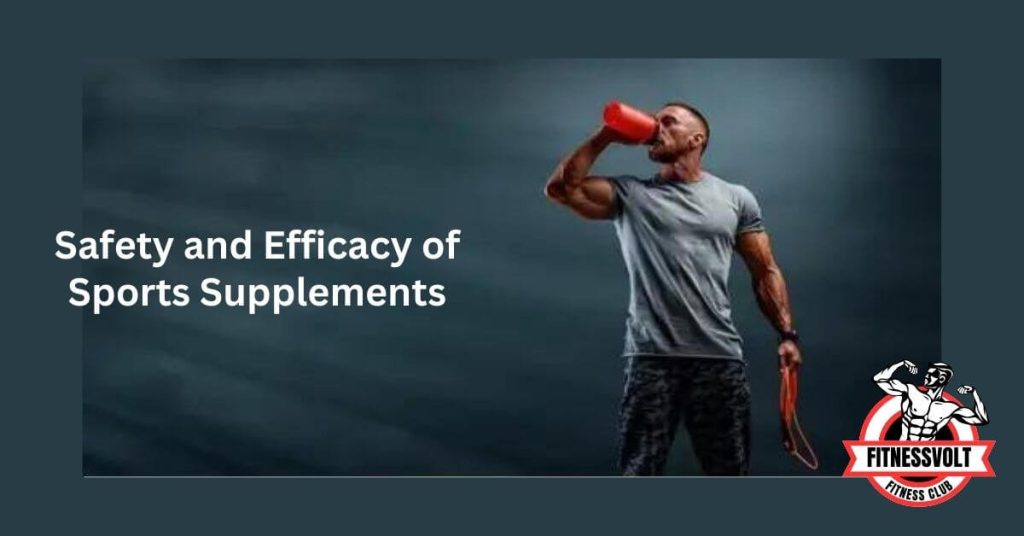
Understanding Supplement Labels
Supplement world can be a tough cookie to digest (no puns intended!!!) looking at the plethora of choices out? Understanding how to read supplement labels is important when choosing what supplement to buy. You can search for third-party test labels which mean that the product has been tested separately for purity and potency.
Also, check the supplement facts and make sure the product does not have extra fillers or proprietary blends which may contain insufficient amounts of each active ingredient.
Potential Risks and Side Effects
While upgrades can supply substantial benefits, they are not without odds. These effects can happen with almost any supplement but may result in digestive and other more severe symptoms based upon the supplement standing compared to individual tolerance. Begin with lower doses and pay attention to how you feel. Athletes, however, also need to be careful not to OVER supplement which can sometimes result in an imbalance of nutrients or toxicities.
Consulting with a Healthcare Professional
As always, ask your physician or registered dietitian before starting any supplement. These can help you identify what supplements may be necessary depending on your health status as an individual and your athletic goals. This is particularly true for those considering athletes with medical conditions or taking other medications, as some supplements can interact with medication.
Choosing the Right Supplements for Your Goals
Tailoring Supplements to Specific Sports
Each of these sports has unique demands and your supplement protocol should reflect this! For instance, if you are an endurance athlete you will likely be drawn to energy and electrolyte products while a strength hauler looking for protein or creatine. Knowing the requirements of your sport will discuss with you what the best outcomes are placed on get away and representativity we need when using a product.
Setting Realistic Expectations
It’s key that dietary supplements are just that supplemental to one thing you may (or ought to) already be taking! There is no magic pill that will suddenly change you into a different being on the floor. Obesity is not the problem the same disciplines that hold the groundwork for athletic success of any kind; are good diet and regular exercise. This is where supplements can be useful to aid in your efforts, but should not be thought of as the only method to reach those goals.
Conclusion
For an athlete, supplements may be used to augment a training routine as well as promote performance with fewer fatigue symptoms and more health. While the answer to that is a solid maybe, when it comes to supplementation, the key to both is moderation and using good judgment. Maximizing the performance benefits you can optimize your athletic performance by choosing appropriate supplements, understanding how they work, and using them safely.
